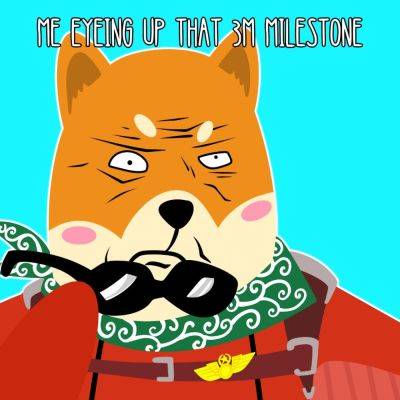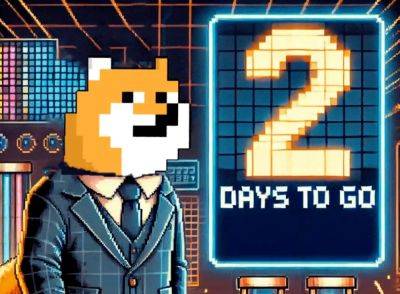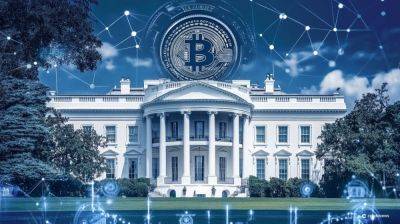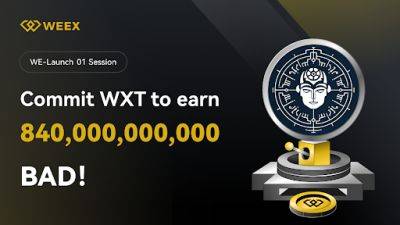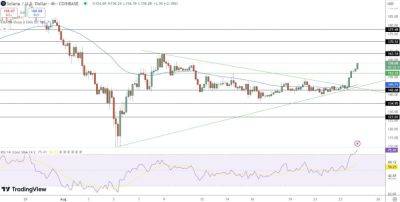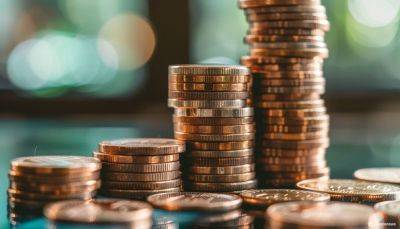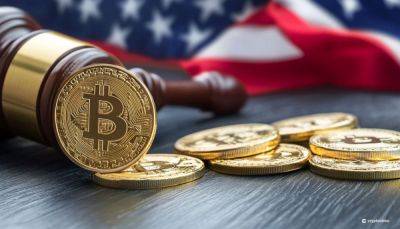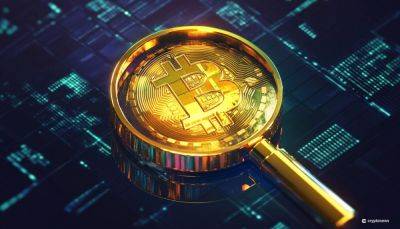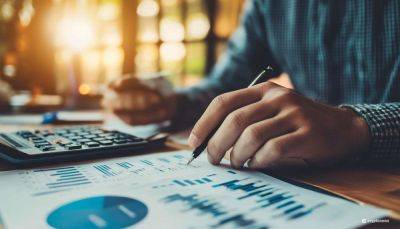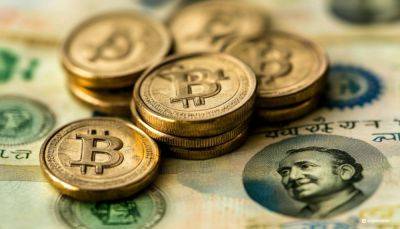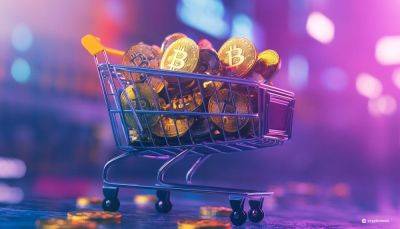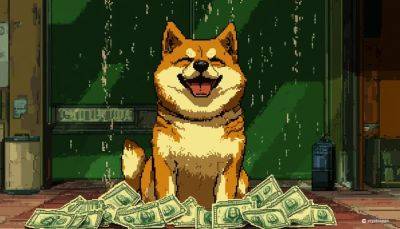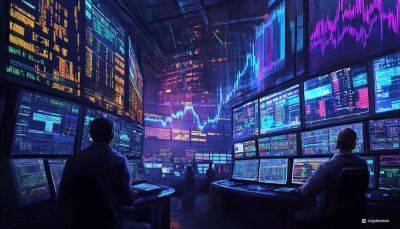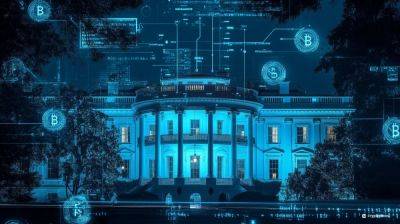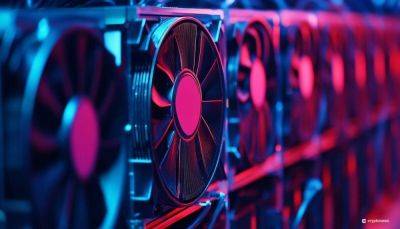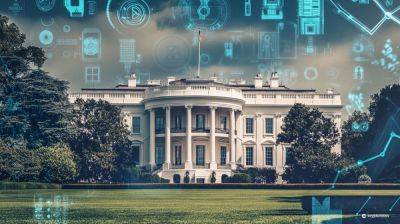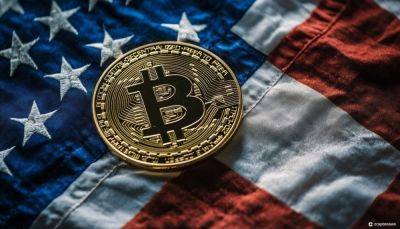Tokenized Real-World Assets Become A Solution For Sustainability
Tokenized real-world assets (RWAs) conv ert physical assets – like real estate, art and commodities – into tokens that can be traded across blockchain platforms. This concept can help increase liquidity, security, and transparency within traditional financial markets (TradiFi) .
According to blockchain analytics and research firm Messari, the RWA market has grown to $8 billion in total value locked (TVL) this year alone. While tokenized RWAs are gaining traction , these are also being used to promote and enable sustainability.
Sunny Lu, Founder and CEO of blockchain platform VeChain, told Cryptonews that tokenized RWAs are ideal solutions when it comes to sustainability for a number of reasons.
“Tokenized RWAs digitize sustainable assets, including their impact, reductions in waste, and real world measurable impact with financial value,” Lu said. “Tokenized RWAs also use blockchain to create the global liquidity of tokens representing sustainability value.”
Lu noted that this concept could, therefore, create transparency for reporting or meeting regulatory objectives that enterprises need for environmental, social, and governance (ESG) financing opportunities.
This is important, as transparency continues to be a primary concern regarding sustainability. For instance, Zippia found that 72% of North American and 58% of global companies admit to greenwashing. Greenwashing occurs when a company makes misleading claims without accurate data about a positive environmental impact or the sustainability of its products.
Jon Trask, CEO of Dimitra, told Cryptonews that Dimitra had created an RWA program to support smallholder farmers.
Trask explained that the Dimitra platform provides farmers with access to technology to help
Read more on cryptonews.com
